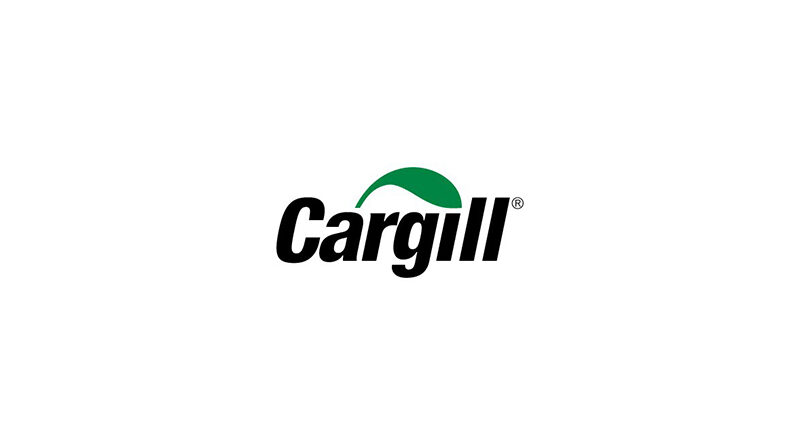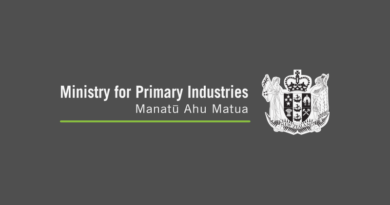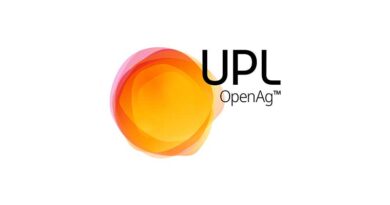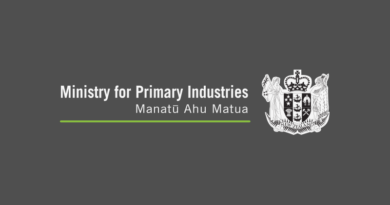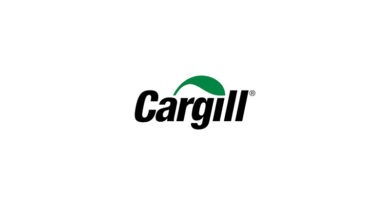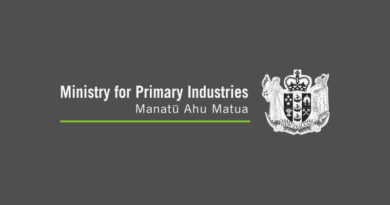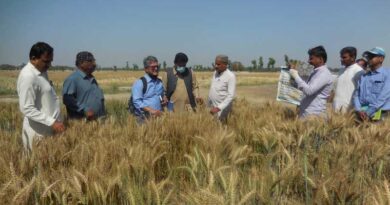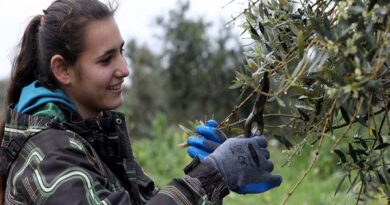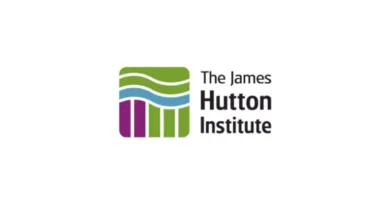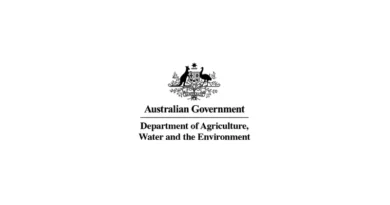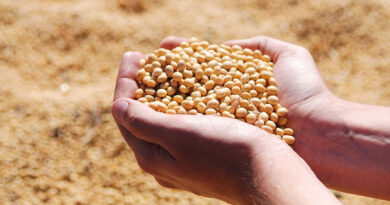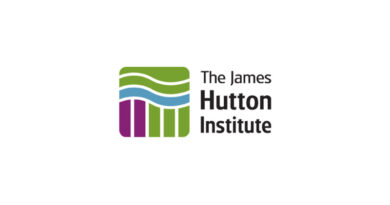Cargill recognized for driving global progress on farm animal welfare
17 March 2022, Minnesota: Cargill today announced it has received a Tier 2 ranking in the newly released Business Benchmark on Farm Animal Welfare (BBFAW) report, the leading global measure of company performance on farm animal welfare.
This is the sixth year in a row that the annual BBFAW report ranked Cargill in Tier 2 out of six tiers total. Only 16 of the 150 global companies rated in BBFAW’s report are in Tiers 1 or 2, which BBFAW defines as reserved for companies that have made animal welfare integral to business strategy.
“We are proud of our continued high ranking in this year’s BBFAW report, as well as the work we’re doing every day to advance animal welfare within our operations, with our customers, along our supply chains and across the industry,” said Nick Wolfenden, Cargill’s global sustainable animal welfare director. “As we deliver protein to the world, we embrace the responsibility to make sure animals are treated with dignity and respect.”
Animal welfare is a crucial issue for consumers, food manufacturers, protein producers, and farmers and ranchers worldwide. Cargill collaborates with numerous organizations to help advance animal welfare across all species in its business and incorporates these advances through continuous improvement efforts both internally and with supply chain partners.
Cargill’s ranking reflects the company’s leadership and innovation on animal welfare, as well as a data-driven approach to comprehensive reporting across its animal protein operations and supply chains worldwide.
Recent examples of the company’s leadership and progress include:
- A new partnership funded by the U.S. Agency for International Development (USAID) to work with several partners in improving animal agriculture in Africa and Asia, benefitting both human health and animal well-being
- Joining the U.S. CattleTrace program, an effort by multiple state cattlemen’s associations to develop a national infrastructure for animal disease traceability in the U.S. cattle industry
- Contributing to the International Poultry Welfare Alliance’s Key Welfare Indicators Guide, a resource to help raise awareness and understanding of key welfare indicators, including how to assess them and incorporate them into future standards
- Publishing new research on how to prevent negative impacts to cattle welfare and mobility resulting from supply chain slowdowns caused by COVID-19
- Improvements in various animal welfare indicators like transportation times for live animals, percentage of laying hens in the supply chain that are cage-free, and more

